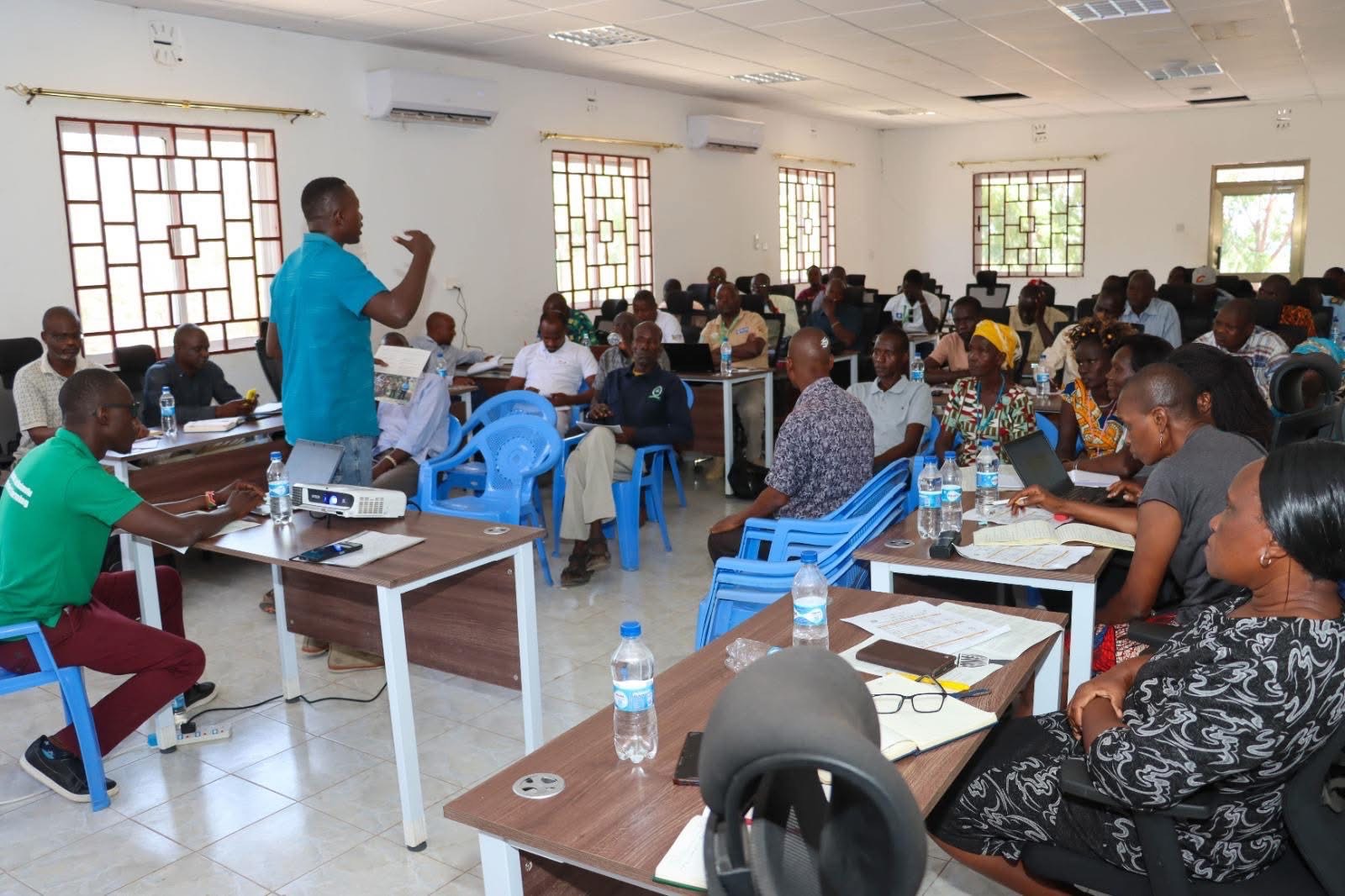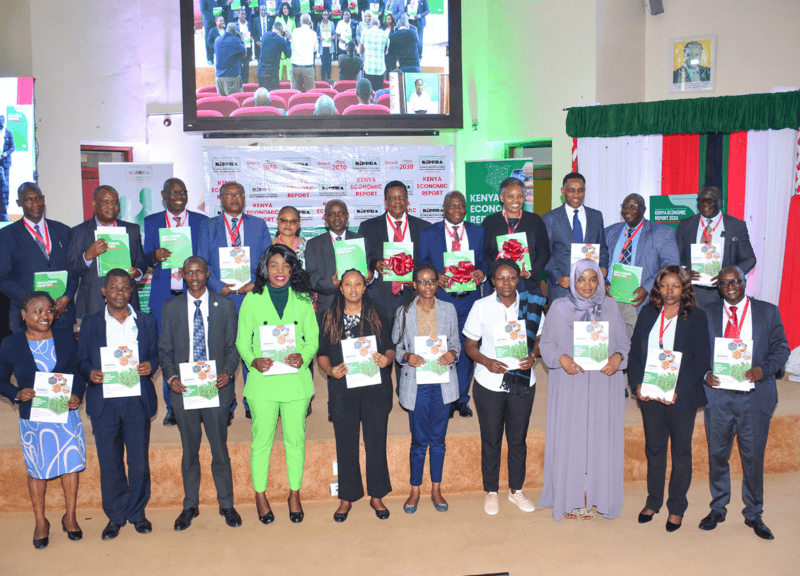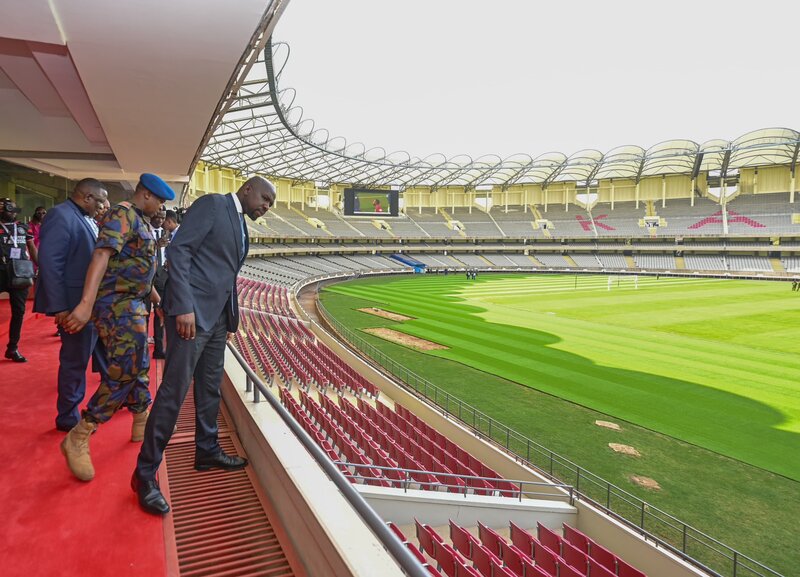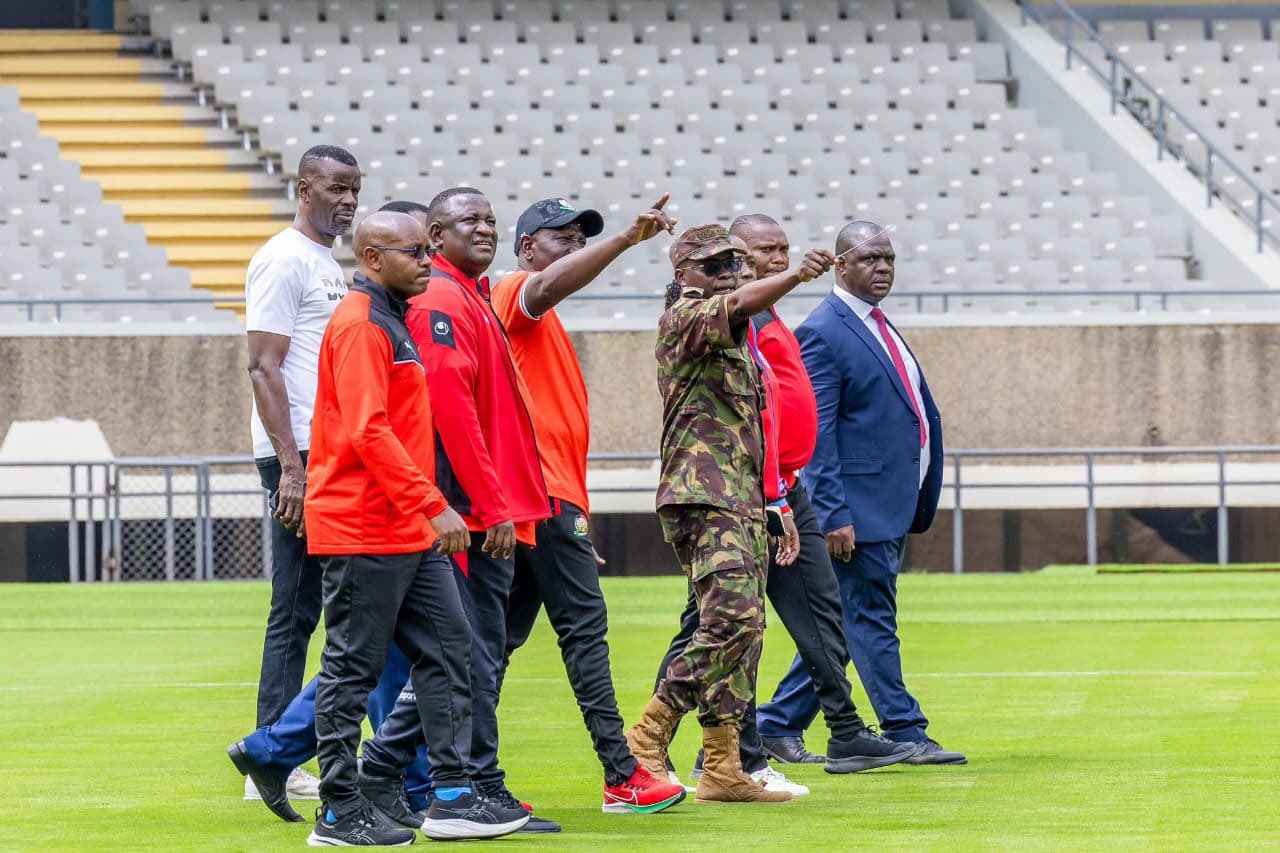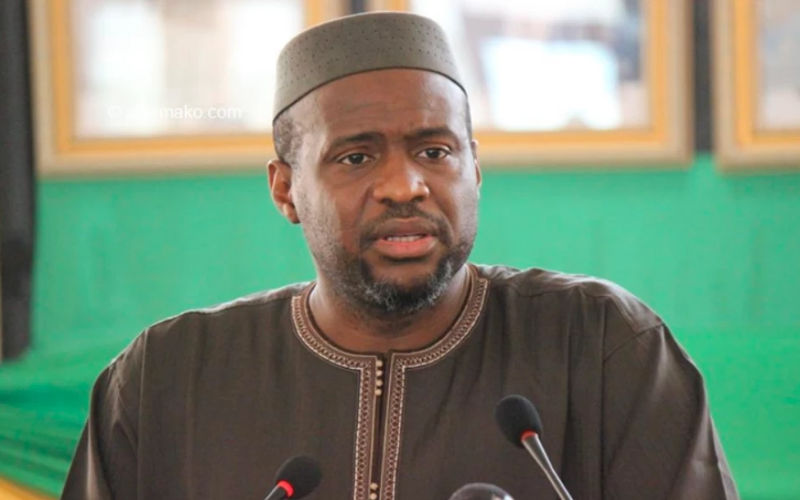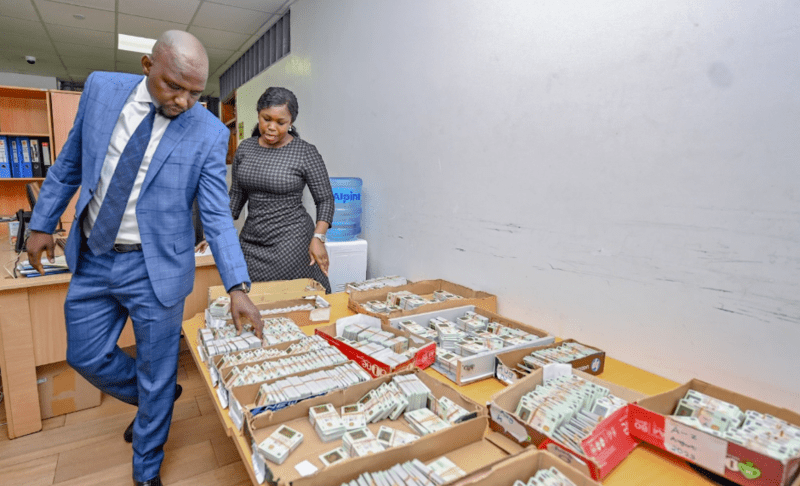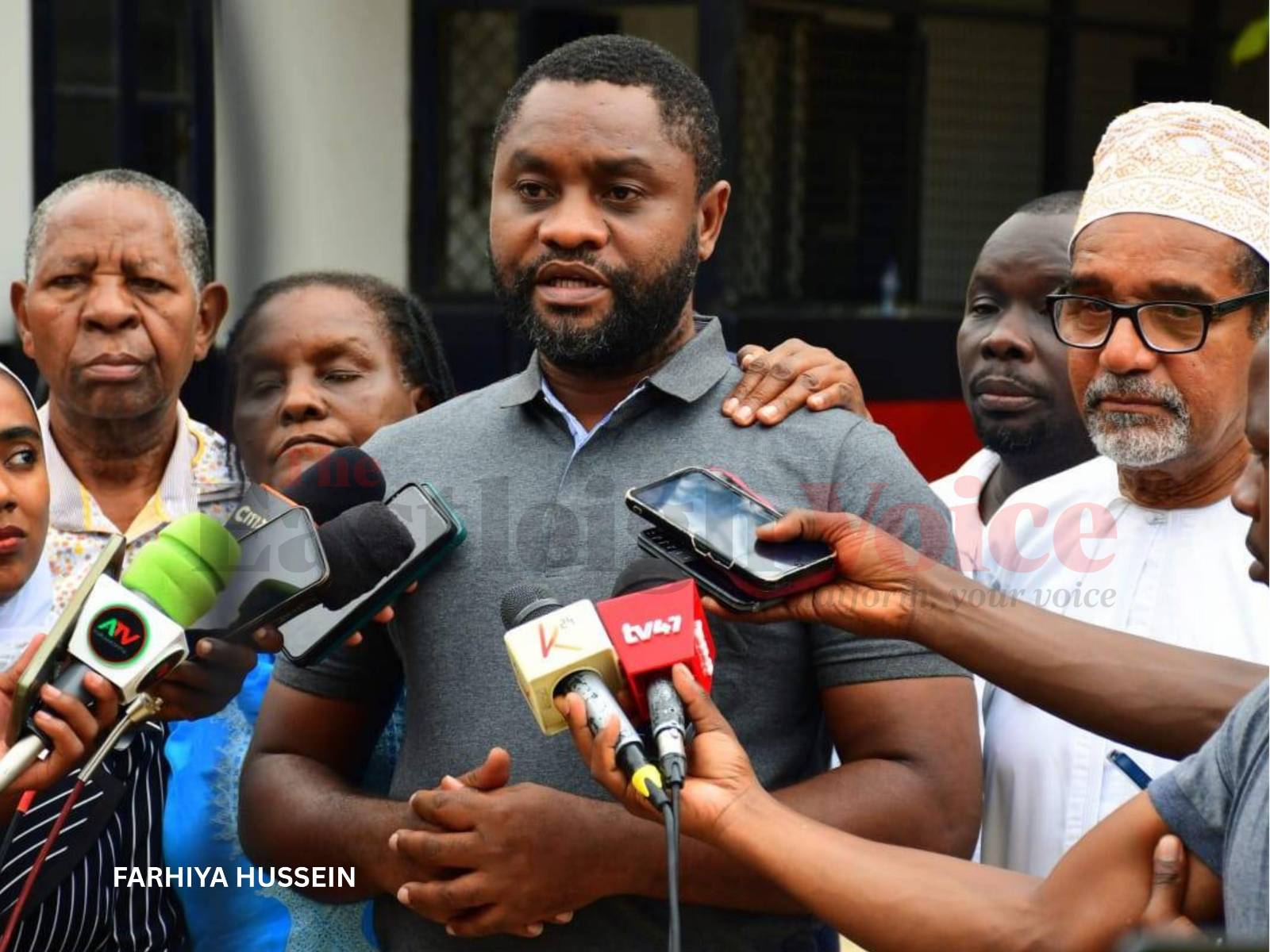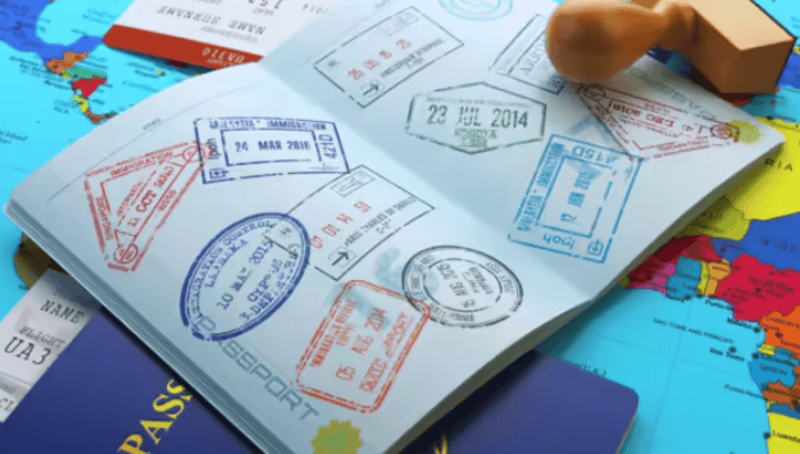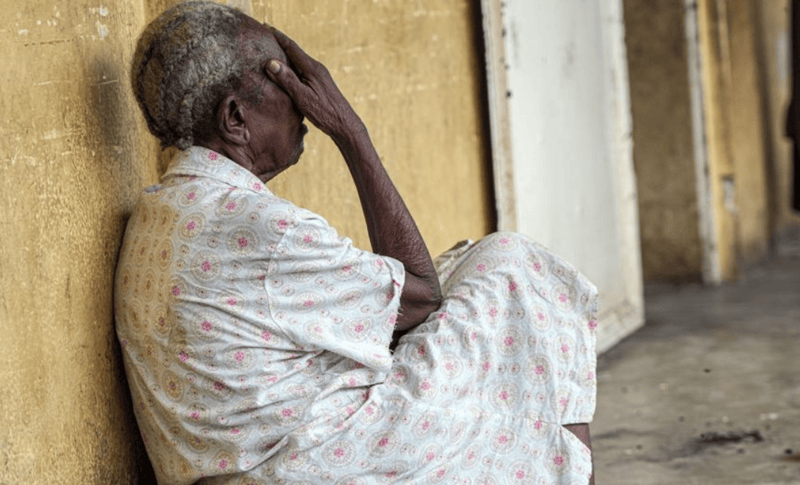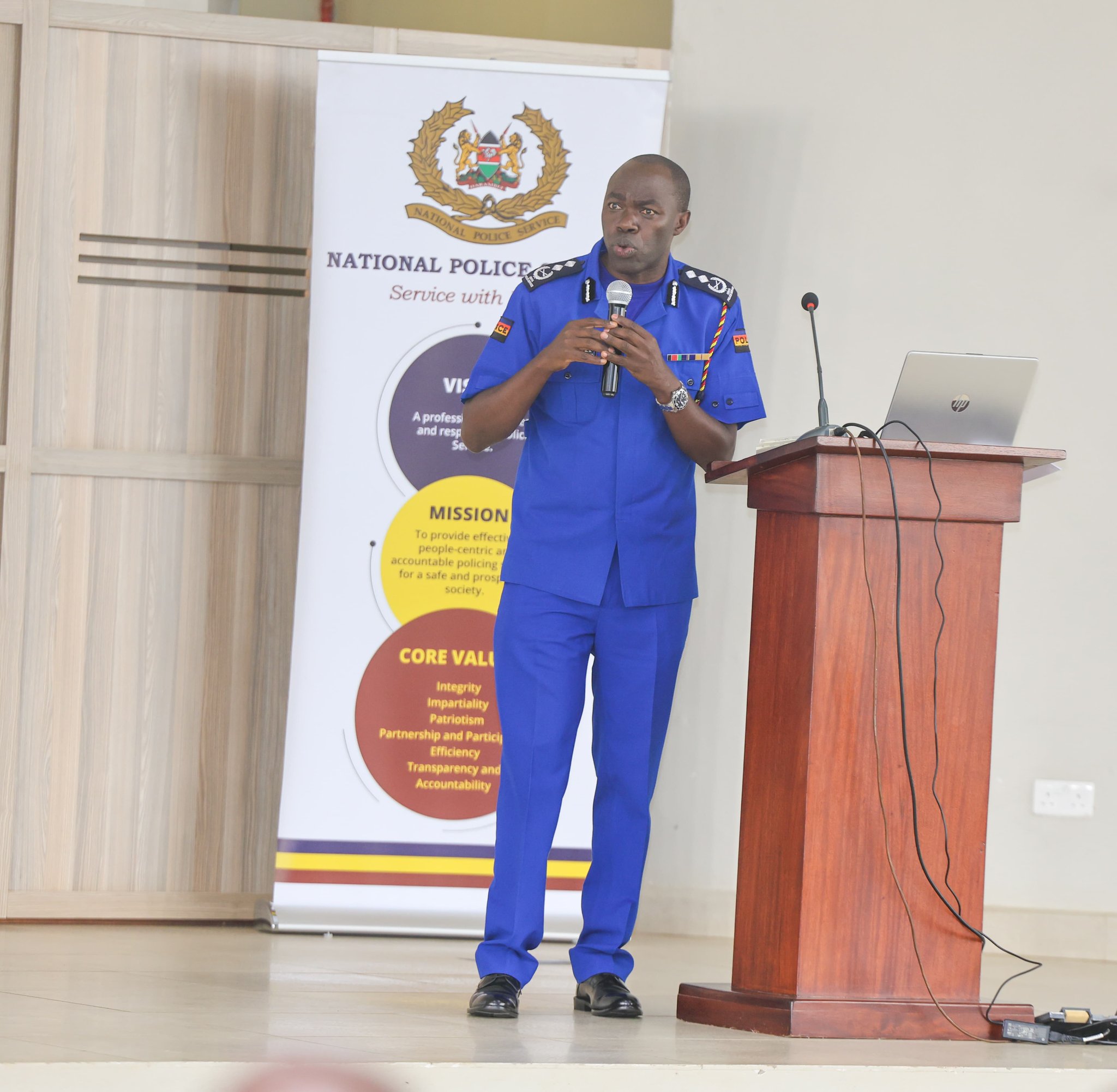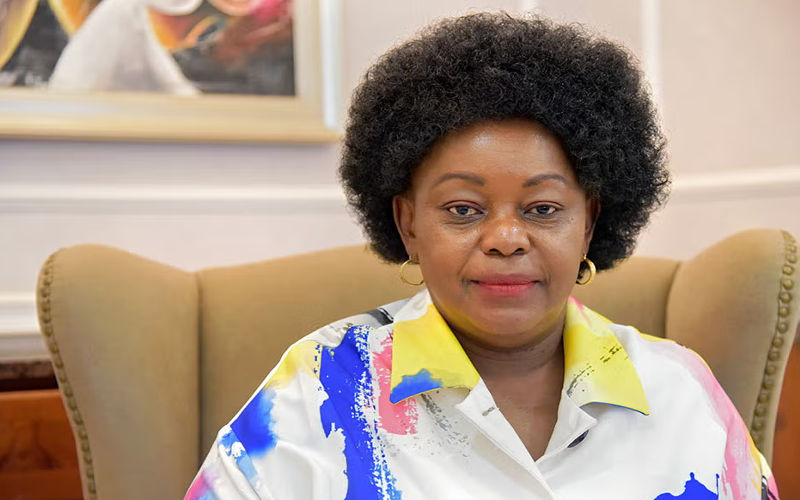Sudan: Is a rival government splitting the country in two?
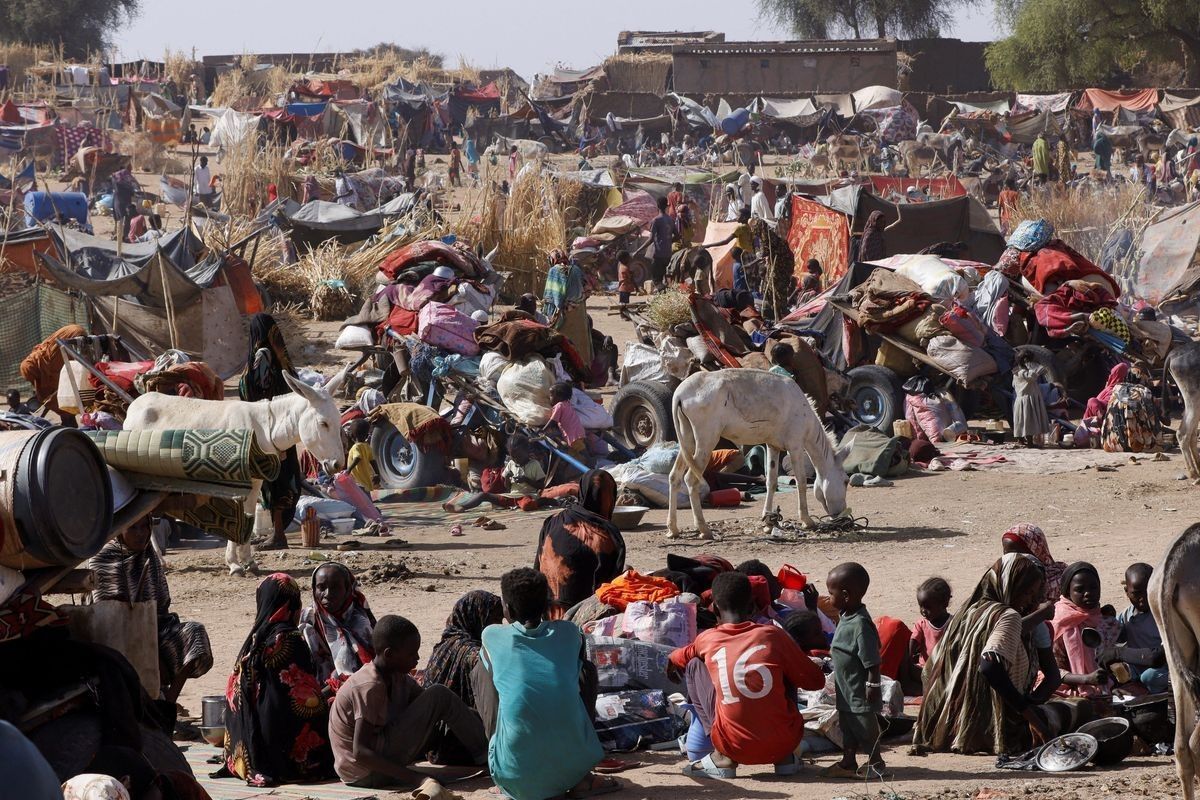
The new rival "Government of Peace and Unity" in Darfur has not been internationally recognised. But observers fear it could bring more civil war, humanitarian suffering and even split the country in two.
War-torn Sudan appears one step closer to breaking up. Last weekend, a Sudanese coalition led by the paramilitary Rapid Support Forces (RSF) announced the establishment of a rival government in Darfur.
The announcement had been widely expected after the RSF — which holds nearly all of the Darfur region and parts of the south — and other armed groups had formed the Sudan Founding Alliance (TASIS) in March. At the time, the alliance said it would soon establish a "Government of Peace and Unity" in areas under its control.
More To Read
- Arab League condemns RSF-linked move to form parallel government
- Sudan gripped by deadly crisis as hunger, disease and heat intensify
- AU slams RSF’s move to form parallel government in Sudan
- UN warns of escalating humanitarian crisis in Sudan amid famine, cholera and displacement
- Sudan calls for end to UN probe on war crimes
- UN human rights expert visits Port Sudan amid escalating civil war and RSF power move
But now, the newly formed "Transitional Peace Government" with RSF leader General Mohamed Hamdan Dagalo as president claims to have jurisdiction over all of Sudan.
In a statement, TASIS said it was committed "to build[ing] an inclusive homeland and a new, secular, democratic, decentralised, and voluntarily unified Sudan founded on the principles of freedom, justice, and equality."
Condemnation from African Union, UN
Unsurprisingly, the internationally recognised government under the leadership of General Abdel-Fattah Burhan and Prime Minister Kamil al-Taib Idris — who control the capital, Khartoum, along with the north, east and centre of the country — has swiftly rejected the rival administration as "an artificial construct" and "an illegitimate entity."
The African Union, with its 55 member states, also said it would not recognise a "so-called parallel government" in Sudan.
The AU pointed out that the establishment of the new government "has serious consequences on the peace efforts and the existential future of the country."
Similarly, the UN has warned that the existence of the new administration could deepen Sudan's fragmentation and complicate diplomatic efforts to end the war in Sudan.
The war began in April 2023 when Sudan's army chief Burhan, and the RSF's Dagalo fell out over the inclusion of the RSF into the Sudanese Armed Forces, or SAF.
RSF aiming 'to force itself into international discussions'
"By announcing a government structure, the RSF is attempting to force itself into international discussions not as a militia to be disarmed, but as a political stakeholder with parallel governing authority," said Amgad Fareid Eltayeb of the Sudanese think tank Fikra for Studies and Development.
"Behind this lies a carefully timed and deeply political manoeuvre with far-reaching consequences for the narrative battle over legitimacy, governance and international engagement in Sudan's catastrophic war," he told DW.
In his view, the announcement was clearly timed to precede a planned meeting of the United States, Saudi Arabia, Egypt and the United Arab Emirates. Representatives from those four countries had hoped to launch a political dialogue between Sudan's army and the paramilitary RSF in order to issue a joint statement calling for an end of the hostilities and for improved humanitarian access.
War fueled by outside actors
But that meeting, originally planned for late July, was cancelled at short notice. A new date is yet to be determined, with some diplomats suggesting it could be rescheduled for September.
"The UAE inserted a last-minute change to include no presence for both the army and the RSF in Sudan's future transitional process," a diplomatic source told the news agency AFP.
Amgad Fareid Eltayeb, who previously served as assistant chief of staff to the former Sudanese Prime Minister Abdalla Hamdok and as political adviser to the UN special political mission in Sudan, believes the UAE "added the stipulation as camouflage to justify pro-RSF support as they are not genuine about democratic or civilian transition in Sudan."
Many other observers agree that the war in Sudan continues to be fueled by international actors.
"The mounting evidence of Emirati involvement in arming and financing the RSF has placed Abu Dhabi in an increasingly uncomfortable position," said Amgad Fareid Eltayeb.
The UAE have been widely accused of arming the RSF, although Abu Dhabi has denied such allegations. That's despite multiple reports from UN experts, diplomats, US politicians and international organisations.
Cairo, one of the fiercest supporters of the SAF, called the last-minute stipulation "totally unacceptable," according to the same source speaking to AFP.
Intensified fighting exacerbates dire humanitarian situation
The establishment of the rival administration in Darfur comes at a time of intensified fighting in central and southern Sudan. None of this spells hope for an end to the war or any improvement for the world's largest humanitarian and displacement crisis.
According to this week's report by the UN Refugee Agency, "there are now 12.0 million forcibly displaced due to the outbreak of conflict in Sudan since April 2023, including 7.7 million internally and 4.1 million in neighbouring countries."
International bodies estimate that the death toll has surpassed 150,000 people.
On Wednesday, the UN Office for the Coordination of Humanitarian Affairs raised alarm over the rising toll of hunger, disease and displacement in various conflict-ridden parts of Sudan. Both sides of the war remain sanctioned for war crimes.
Earlier this year, the US accused the RSF under General Dagalo of committing genocide, as well as grave human rights violations. The SAF under General Burhan has been accused of deadly attacks against civilians and undermining the goal of a democratic transition.
"Both parties to the conflict are obliged to provide aid to the population under their control, including allowing humanitarian access," Mohamed Osman, Sudan researcher in Human Rights Watch's Africa Division, told DW.
"In most of Darfur, where the RSF is in control and where they established their own parallel government, the RSF have shown little regard for human lives and has obstructed or looted aid deliveries," he added.
This observation is echoed by Amgad Fareid Eltayeb. "In areas under its sway, the RSF has not established order, justice or public services but has unleashed a reign of terror characterised by systematic sexual violence, massacres, looting and infrastructural devastation," he said.
Top Stories Today
